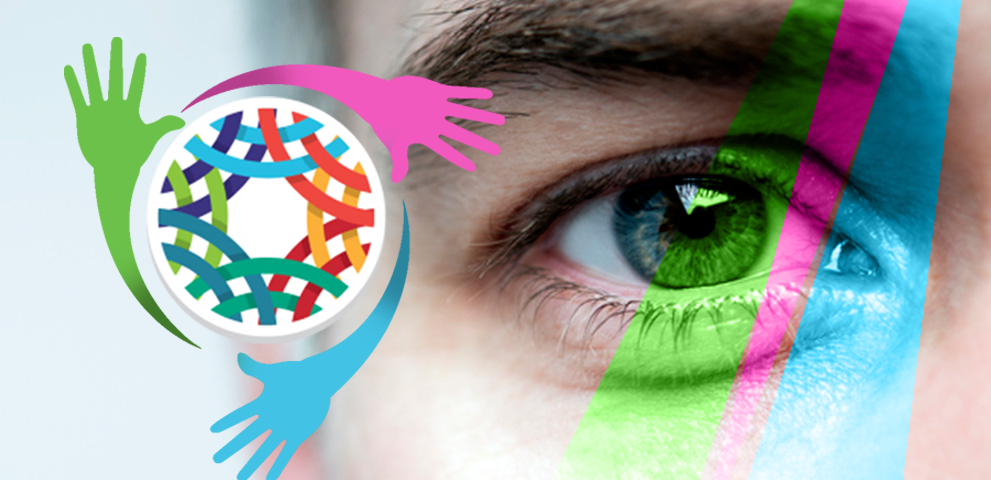A couple of years ago, Charlie Stephenson discovered a bright yellow Northern Cardinal in her backyard in Alabaster, Alabama. Stephenson contacted Geoffrey Hill, an ornithologist and coloration expert at Auburn University, about her unusual visitor, Audubon magazine reported at the time.
Hill explained that Mr. Yellow, as he is now known, likely has a genetic mutation that causes xanthochroism. The condition occurs when the plant-based pigments in a bird’s diet cause its plumage to turn yellow or orange instead of red. From his research, Hill claims yellow cardinals have about a “one in a million mutation.”
This year, Feb. 29 is Rare Disease Day. Rare disease patients and their caregivers honor the day “to raise awareness amongst the general public and decision-makers about rare diseases and their impact on patients’ lives,” according to organizers. The U.S. definition of a rare disease is one that afflicts fewer than 200,000 people.
I’m one of about 700,000 men and women in the United States diagnosed with Crohn’s disease. That’s only about 0.21 percent of the entire U.S. population of 329.3 million! I’m even more of an anomaly because of my Crohn’s-related primary sclerosing cholangitis (PSC) diagnosis. One in 10,000 people have PSC, and only 13 percent of PSC patients also have Crohn’s. I empathize with how Mr. Yellow must feel among his red-feathered brethren.
As with Mr. Yellow’s condition, my chronic illnesses stem from genetic mutations. About 72 percent of rare diseases are genetic. However, unlike him, I don’t stand out in the crowd because my disease is invisible. Except for the occasional abdominal distension and bruising from bloodwork and Remicade (infliximab) infusions, no one would know by looking at me that I have debilitating diseases.
Having two rare diseases is a huge part of my life, but illness does not rule it. I accepted my diagnoses early on. Yes, I was scared and concerned because neither disease is curable, and PSC slowly caused my liver to fail. Yet, I never experienced grief over losing my health. I may have cried out in pain, but I was never angry at myself, my doctors, or even God.
I almost died twice — once because of Crohn’s and again because of PSC. Every time I closed my eyes in the hospital, I didn’t know if I would wake up. But I was always at peace because I had spent my life living rather than dying.
Although I’ve battled my autoimmune diseases for more than half my life, I never used to discuss them. When the Affordable Care Act was in danger of being repealed in 2017, I finally opened up about my health. I used Facebook as my tree stump and found communities of people, just like me, who understood my aches and pains and frustrations. And now, I’ve been able to take my passion for writing and put my journalism degree and English major to work by writing for IBD News Today.
I assume Mr. Yellow’s success may be due to the fact that he doesn’t realize he’s different. Despite his rarity and the fear that he wouldn’t survive because of it, Mr. Yellow leads a normal life. His Facebook page, The Yellow Cardinal, reports, “He befriended a male Red Cardinal with an injured leg, he became evening snack buddies with a Carolina Wren, and he found the love of his life when he met Mrs. Yellow.”
Since the first sighting of Mr. Yellow, at least five male yellow Northern Cardinals have been spotted in Georgia, Florida, Pennsylvania, and Alabama. Mr. Yellow continues to call Alabaster and Stephenson’s backyard home. He and Mrs. Yellow — who, despite her colorful name, has the normal brown plumage of female Northern Cardinals — have nested twice.
I also live a fairly uneventful life, surviving with PSC and Crohn’s disease — it’s #WhatMakesMeRare. And like Mr. Yellow, I know that I’m not alone because there are others out there like me. We yellow cardinals must fly among the red ones to sing our morning song and share our stories.
***
Note: IBD News Today is strictly a news and information website about the disease. It does not provide medical advice, diagnosis, or treatment. This content is not intended to be a substitute for professional medical advice, diagnosis, or treatment. Always seek the advice of your physician or other qualified health providers with any questions you may have regarding a medical condition. Never disregard professional medical advice or delay in seeking it because of something you have read on this website. The opinions expressed in this column are not those of IBD News Today, or its parent company, BioNews Services, and are intended to spark discussion about issues pertaining to IBD.

